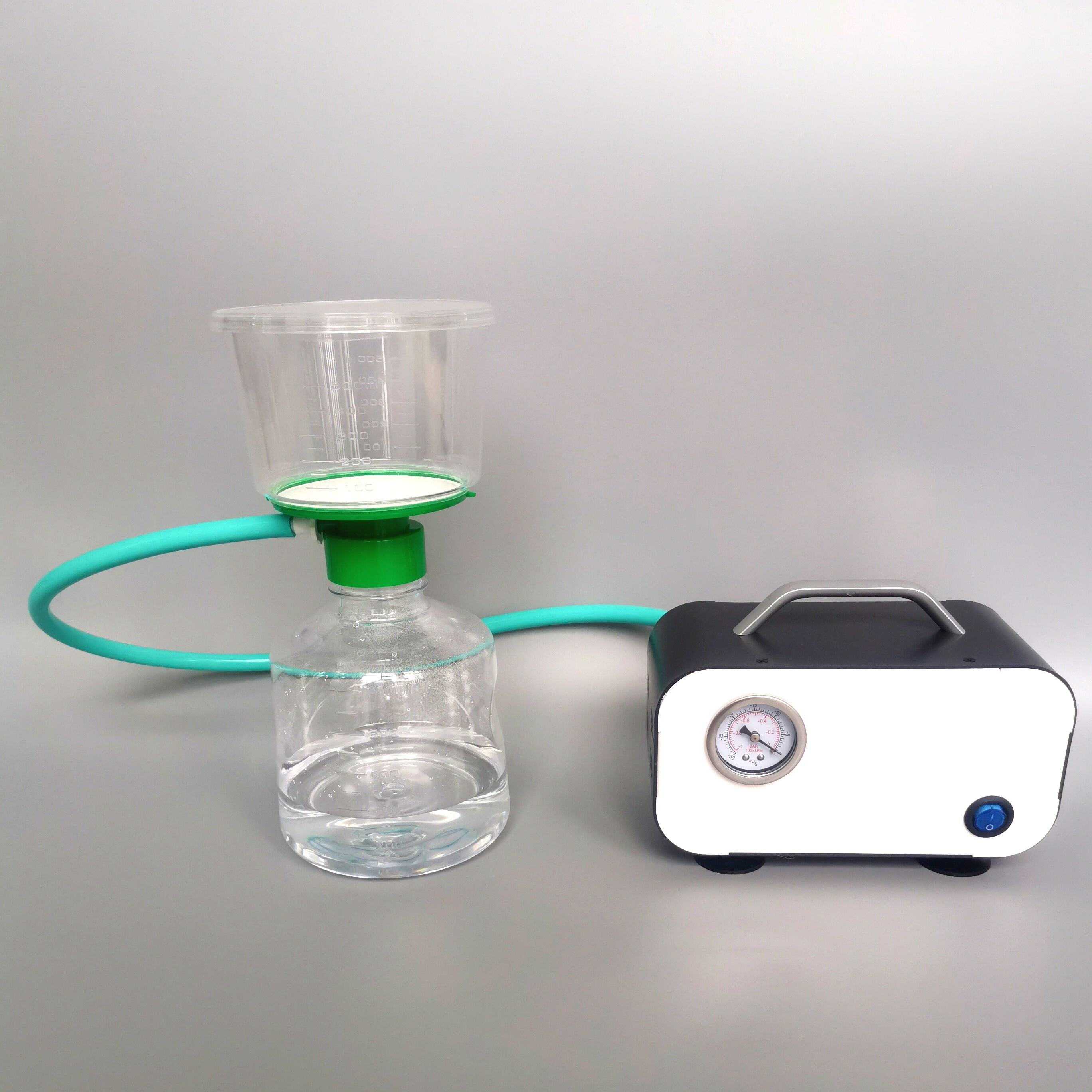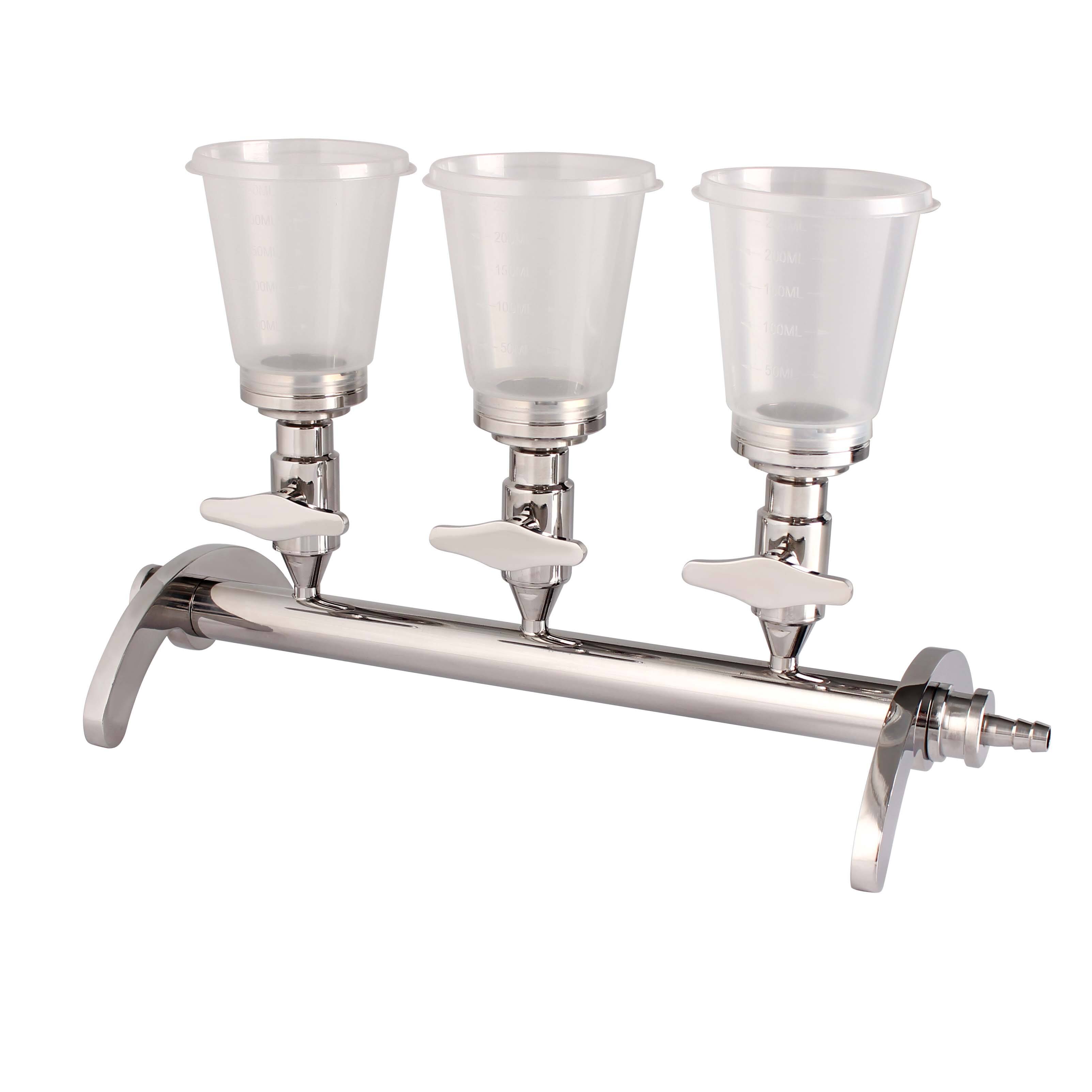chemical filtration system for labs
Chemical filtration systems for laboratories represent cutting-edge technology designed to ensure safety and efficiency in research environments. These systems employ multiple stages of filtration, including activated carbon filters, HEPA filters, and specialized chemical media, to effectively remove harmful vapors, particles, and chemical compounds from laboratory air. The primary function involves capturing and neutralizing hazardous chemicals, volatile organic compounds (VOCs), and other potentially dangerous substances that may be present during experimental procedures. Advanced monitoring systems continuously assess air quality, while smart controls automatically adjust filtration rates based on contamination levels. The technology incorporates pressure differential sensors to monitor filter performance and indicate when maintenance is required. These systems can be customized to handle specific chemical threats, with modular designs allowing for easy upgrades and modifications. Applications span across academic research facilities, pharmaceutical laboratories, industrial testing centers, and environmental monitoring stations. The systems integrate seamlessly with existing laboratory infrastructure, including fume hoods and ventilation systems, while providing real-time data logging for regulatory compliance and safety documentation.

